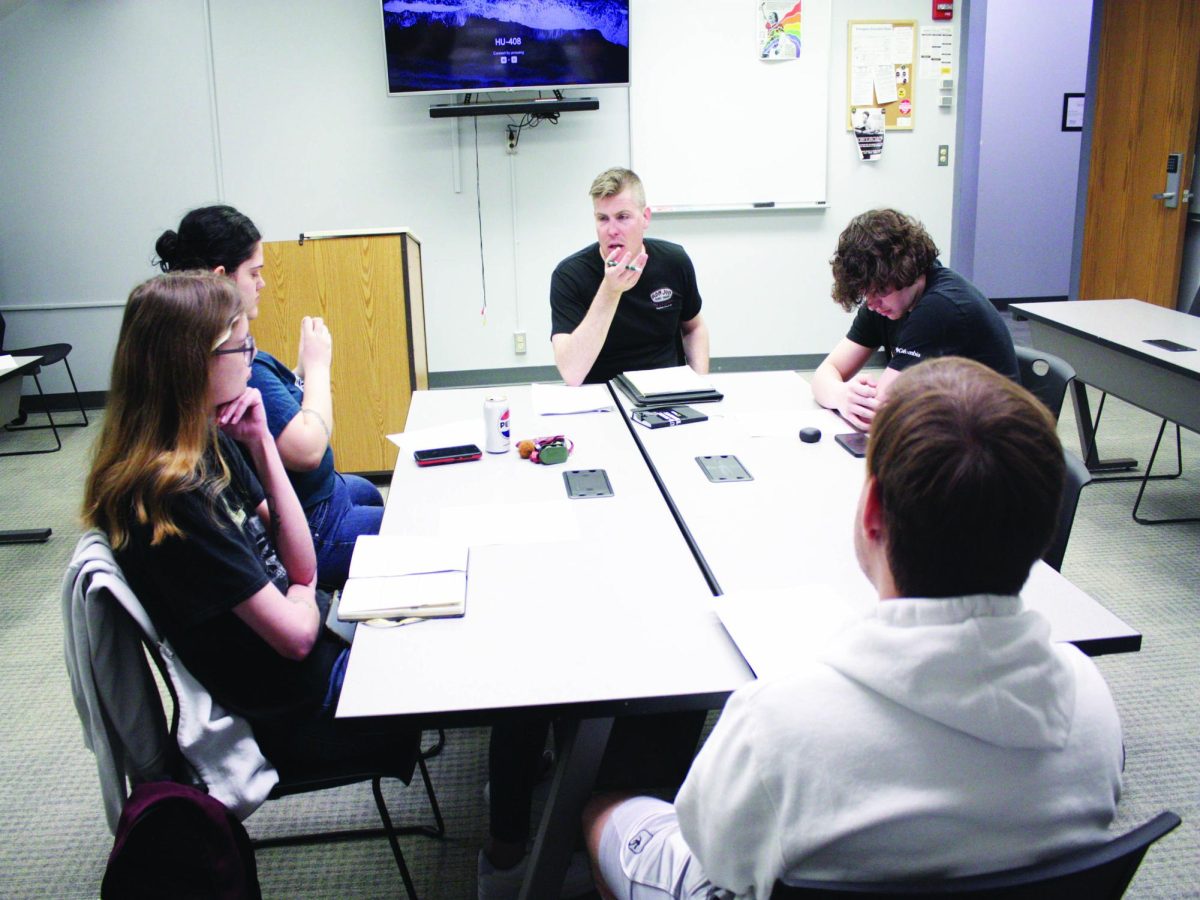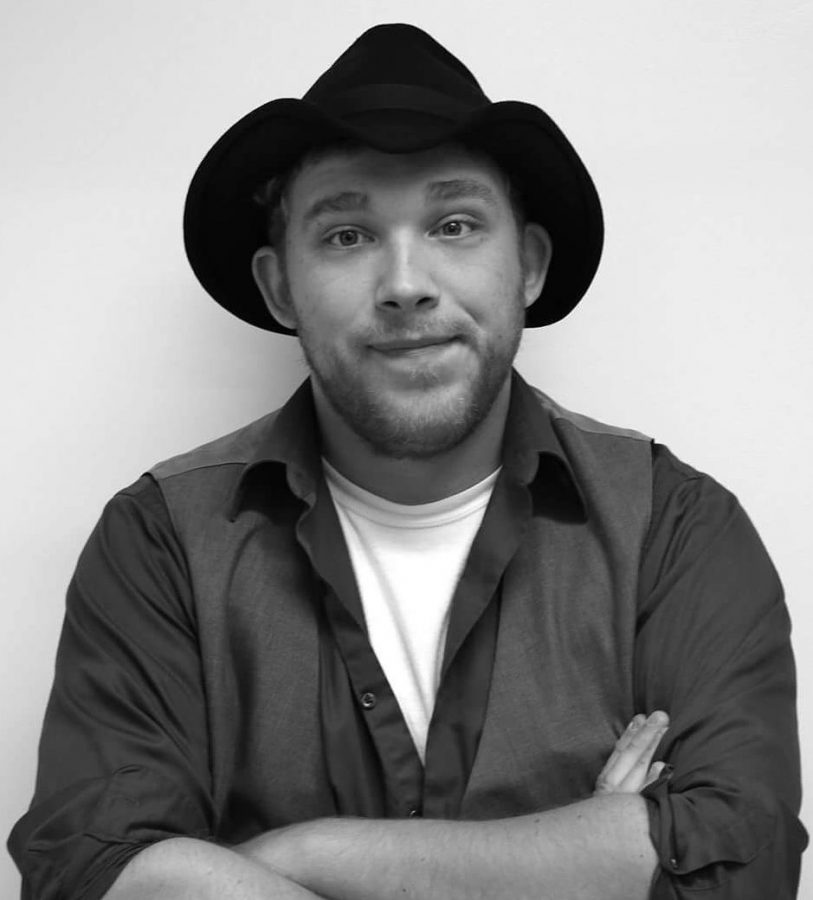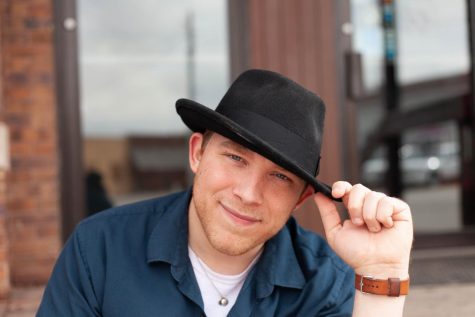Dead In The Water: Contemplating a dead Irish writer
March 23, 2017
The Irish, an abused people, kicked while they’re down, still get back up. We could take quite a few lessons from the folks who come out of the Emerald Isle. A few have tried to teach us, and as I sit here trying to crank out another column, I contemplate the works of James Joyce, the man who left Ireland but never truly gave up on it.
“Dubliners,” a collection of works by Joyce, is a study on more than just the Irish people, or Dublin itself, but on human nature. I try to keep it fresh in my mind as I go in to the classroom and attempt to teach freshmen. All of those young teenagers come from the same city, but their stories are all so different. I’ve attempted to think back on my own days in the ninth grade, but more often than not I find that the memories have all been blurred, one too many nights spent in the company of another famous product of Ireland (Jameson Irish Whiskey). Yet with that said, I do what I can to empathize with them, despite the numerous occasions of frustration.
This is an attempt of mine to be positive, and believe me readers student-teaching in the spring of 2017 has not been a time when optimism comes easy to me. As some of you might recall, my last column was a scathing observation on the ugly state our nation is in. And although I will try to stay away from that subject here and now, I can’t promise that there won’t be echoes of it in this article—especially when I think back on the fact that the one Irish-American president we’ve had was assassinated, along with his brother, who also aimed his sights on the White House.
“How does all of this tie in?” you might ask yourself, and trust me, I have the answer. When looking back on the works of Irish authors, it is not difficult to see their messages about the unstable foundation the human race is built upon. Whether it is politics, education, war or love, the Irish have something to say about it with down-to-earth wisdom, and that kind of wisdom is something we are desperately lacking in.
What connects us, drives us forward, holds us steady even as the winds come to knock us down? If you can’t find the answers to that in “Dubliners,” you aren’t looking hard enough. And no, this is not some literary exercise, but a study in humanity that we all should take in this confused year when so many people are at each other’s throats for one reason or another.
Then again, asking people to read in this day and age seems to be the same as pulling teeth, and as someone currently teaching high school freshmen, you can believe me on that one.
But we ought to spend more time reading, because we could actually walk away with something far more insightful than one of President Trump’s tweets. And maybe, just maybe, we could start moving forward into the sunrise, rather than into the growing darkness of our human nature.








